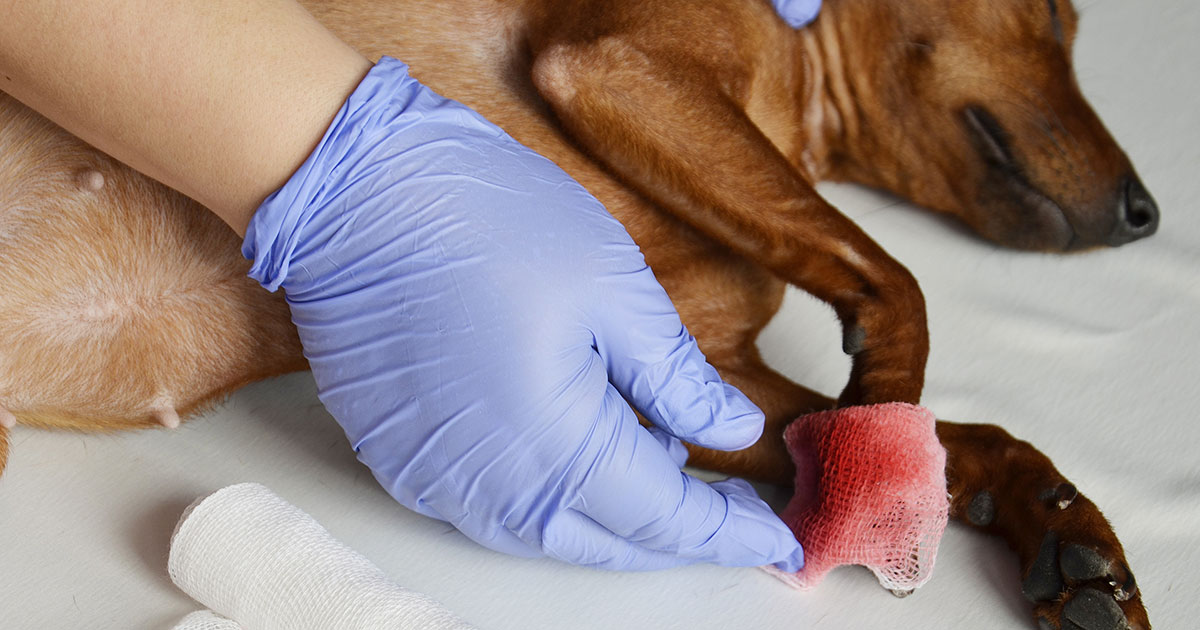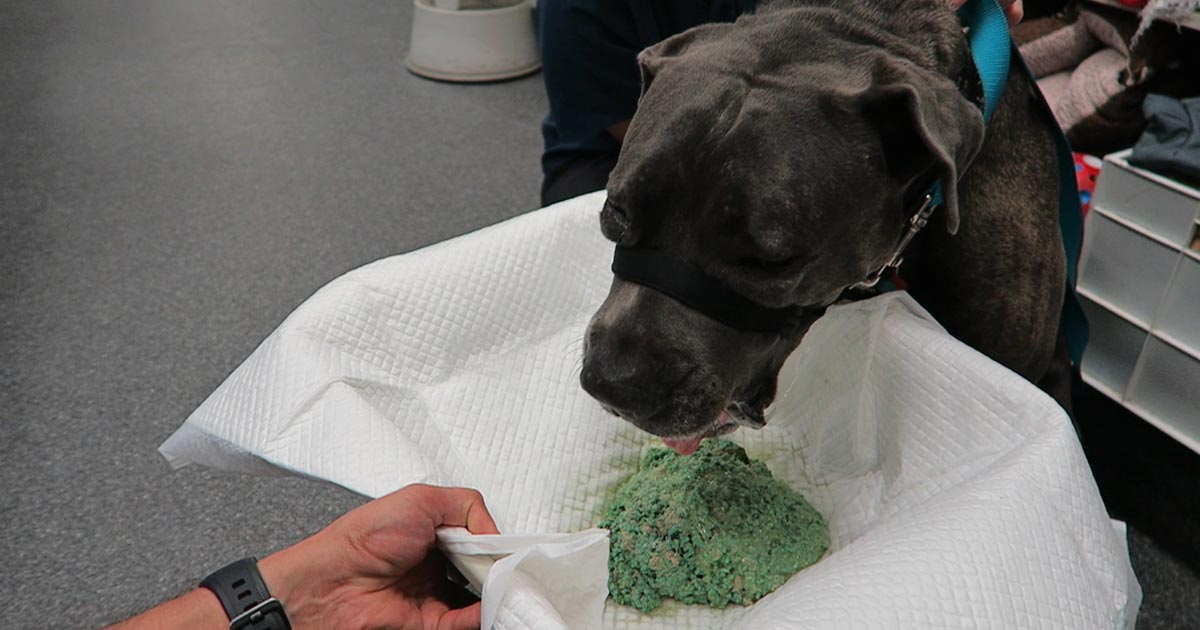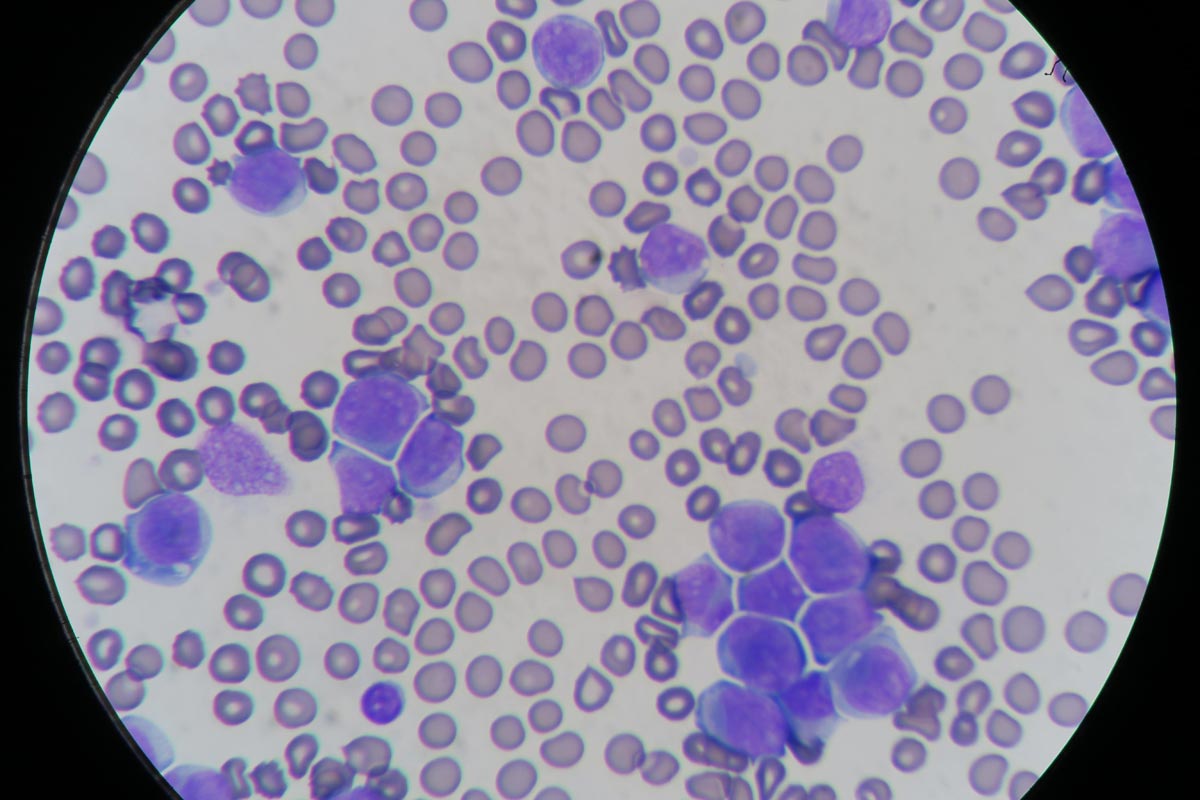Tag: Thrombocytopenia Purpura
-

How to approach the bleeding patient, part 3
—
by
Following on from parts one and two in this coagulation series – in which we described how to use your history, signalment and clinical signs to help determine if your patient has a coagulopathy and narrow down the list of differentials – we now look at the diagnostic tests you can use to confirm your…
-

How to approach the bleeding patient, part 1
—
by
My patient is bleeding – what do I do? A bleeding patient can be overwhelming but there are only a few pieces of equipment that you need and a step-by-step approach. 1. Ask yourself the question: “Is my patient bleeding due to local issue (trauma, for example) or from a system coagulopathy?” If a local…
-

Managing thrombocytopenia in cats and dogs: part 2
—
by
Last week we discussed the causes and diagnostic pathway for investigating immune-mediated thrombocytopenia. This week we will go through the management of this condition. Despite the fact red blood cells are not actually being destroyed, a severe anaemia can develop from blood loss due to coagulopathy – a common reason for why they present to…
-

Managing thrombocytopenia in dogs and cats: part 1
—
by
Thrombocytopenia is a condition characterised by a decrease in platelet numbers, which is often caused by increased destruction of platelets or a decrease in production. Thrombocytopenia can manifest in many ways – the signs can be subtle and easily missed, such as small petechiae on gums, or quite obvious signs, such as large areas of…
-

Idiopathic AHDS in dogs: treat with antibiotics or not?
—
by
Idiopathic acute haemorrhagic diarrhoea syndrome (AHDS) – previously known as haemorrhagic gastroenteritis – remains the one disease where constant debate exists as to whether antibiotics should be used as part of the standard treatment. The logic behind using antibiotics to prevent bacterial translocation is sound, and if AHDS is truly initiated by Clostridium species or…
-

Emesis: a thing of the past?
—
by
Until I started researching this Tip of The Week, I did not know the medical profession has abandoned the routine use of emesis in oral poisoning. This is based on multiple medical literatures that have proven emesis induction does not influence the clinical severity of poisoning, the length of hospitalisation and the clinical outcome or…
-

Blood smears – make them a routine test
—
by
Blood smear evaluation is an often overlooked, but very important, aspect of an in-house haematology. With the advancement in haematology analysers that can now detect reticulocytes and even band neutrophils, some practitioners are beginning to rely solely on the numerical data alone in evaluating the patient’s blood. The art of blood smear interpretation is on…